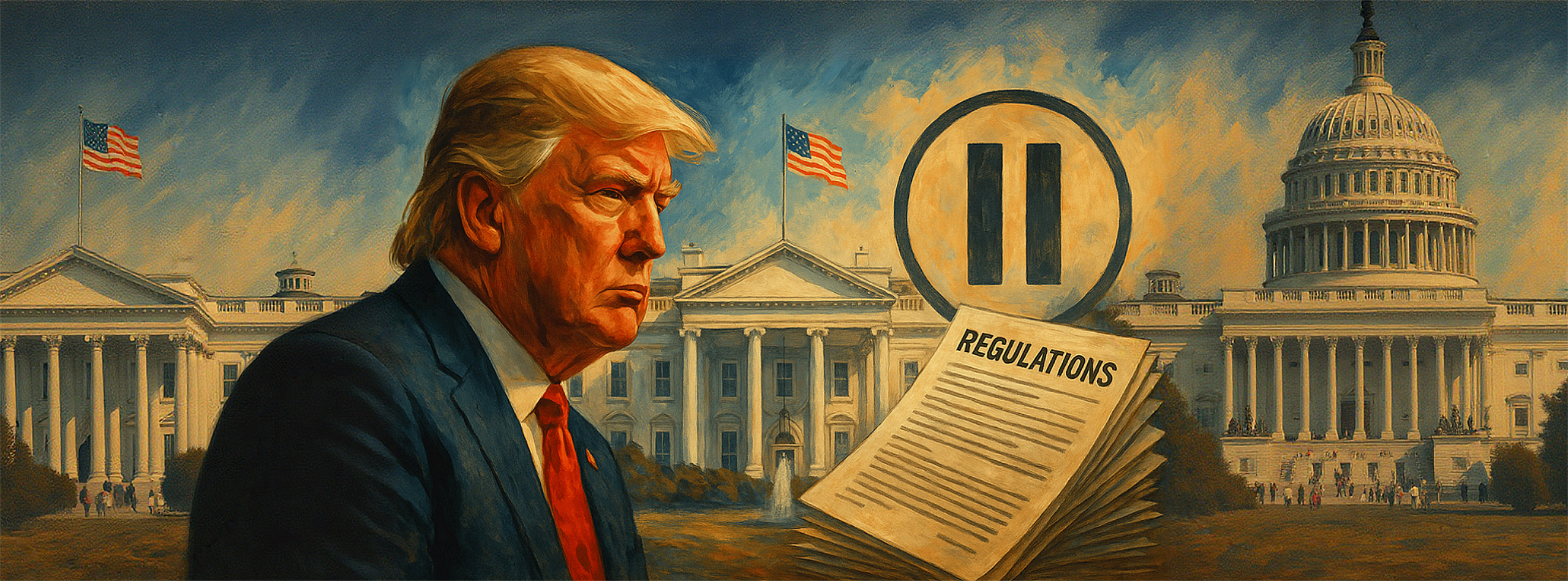January 2025 Freeze Order Stalls Pending Rules – “Junk Fee” Drive Stalls
The inauguration of President Trump in January 2025 brought an immediate shift in regulatory momentum. On Day 1, the White House issued a broad “Regulatory Freeze” memorandum ordering agencies to halt new rules and delay recently finalized ones pending further review.
For credit unions, this meant several consumer finance regulations set in motion in 2024 suddenly got paused. High-profile examples include the CFPB’s just-finalized overdraft/NSF fee rule (which would cap big-institution overdraft fees at $5) and the medical debt reporting ban – both of which saw their effective dates pushed out for reconsideration. The CFPB, under new (acting) leadership more aligned with the Trump administration, also signaled a retreat from the aggressive “junk fee” agenda of the prior director. In fact, by May 2025 the Bureau formally withdrew or put on hold numerous guidance documents and rulemakings from the past few years.
For collections and compliance managers, the whiplash was palpable. After racing to implement several borrower-friendly rules in late 2024, they now faced a more business-friendly tone where enforcement might slacken and costly compliance mandates might be rolled back. But this is a double-edged sword: while regulatory relief can reduce compliance burdens (and potentially allow more flexibility in collections tactics), it also introduces uncertainty. Credit unions must decide whether to continue with planned consumer-centric changes (like fee reductions) or await clearer guidance.
Takeaway: The 2025 changeover reminds us that elections have consequences for regulation. A freeze on new rules provides breathing room, but savvy collections departments won’t drop their guard – instead, they’ll use this pause to solidify fair, member-focused practices that can withstand the pendulum swings of Washington.

